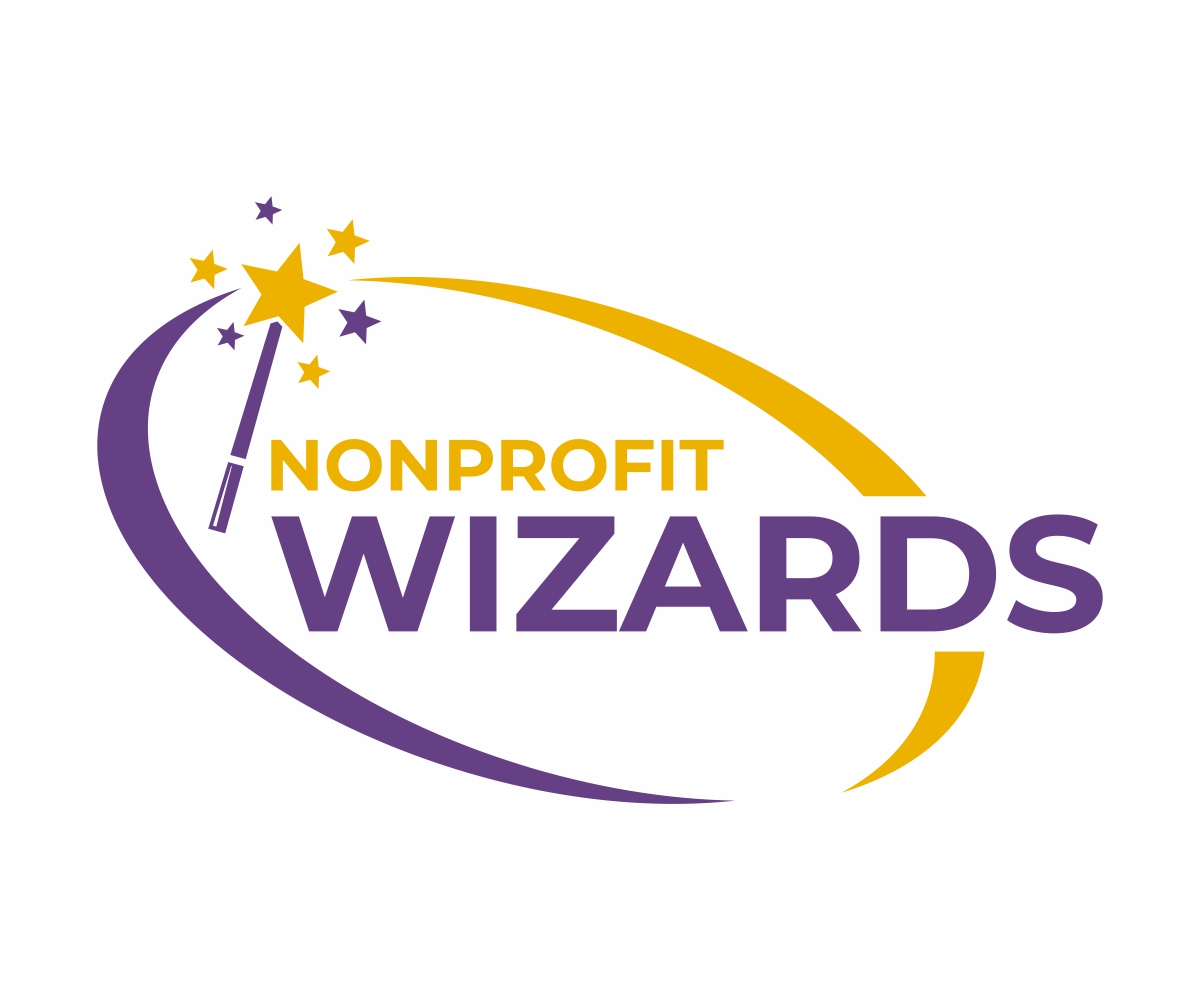Back in college, I was a member of a student group that was struggling to recruit new members. We found it difficult to convince new folks to join our group, and if they did join, we struggled to keep them engaged. It was frustrating, because we knew we were doing valuable outreach work for our school.
As we thought about our options, we looked at other successful groups on campus. One of the groups we considered was very exclusive. Only 30 new members were allowed to join each year (what we would have given to even get 30 members!). To become a member, first you had to apply. Then, the top applicants were invited to interview. The top of that group were invited to join.
Only the best of the best!
Adopting an “exclusivity” model seemed ridiculous. After all, we were desperate for warm bodies. But, since nobody had heard of us anyway, no one knew we were desperate. So we decided to go for it.
That simple reversal–in both model and mindset–produced amazing results. From the beginning, we were overwhelmed with applications. As we conducted the interviews, we were exceedingly impressed with the quality of candidates, and narrowing it to 30 proved very challenging.
Once they were inducted as members, their engagement remained high. After all, they wanted to prove they belonged to this exclusive group.
Recruiting for your board is similar. Shifting your mindset about board recruitment from “begging” to “selecting” can yield surprising results.
People want what is difficult to get
The old phrase “playing hard to get” is more often used to describe high school romances than nonprofit board recruitment. But, they have more in common than you might think.
Behavioral psychology has proven this phenomenon over and over again: people want what they can’t have. The notion of something being scarce is alluring, and makes us work harder to get it.
Requiring candidates for board service to go through an application and interview process will automatically elevate the standing of your board position. It changes the thought process of your board prospect from “they’re begging me for a favor,” to “they’re offering me the opportunity to make a difference.” Of course, this is where it should be.
People live up–or down–to the expectations you have for them
Has this ever happened to you? You and a member of your board visit with a new member candidate, and when asked, “What will I be expected to do?” your board member blurts out, “Not much, really.” AAAARRRRRGGGGHHH!!!!!!!
Serving on the board is a critically-important role. You know it, I know it…and the board member knows it too. So, why then, would they say, “eh, it’s no big deal”? Answer: because they’re experiencing anxiety and don’t know what else to say.
Introducing this recruit to an application process is a very easy and natural way to discuss expectations of service. Have something printed that you can hand to the person. Go through the expectations point by point.
If the potential recruit expresses hesitation with ANY of the points (yes, even fundraising), end the conversation there and don’t feel badly about it. Trust me, the psychological energy both you and your organization will save in not trying to “turn around” a wayward board member will be extraordinary.
People understand the difference between an agreement and a COMMITMENT
Later, when you are actually making the offer of a board position, review the expectations of service again. Because of spaced repetition, the candidate will hear and understand the requirements in a different–and deeper–way.
After reviewing the expectations and answering any remaining questions, get the board member’s commitment–not just agreement. Include a spot for them to sign, below a statement like, “My signature indicates that I have read and fully understand the above expectations of board members, and furthermore I commit fully to fulfilling my duties to the organization.”
Signing an acknowledgement of responsibilities has an extraordinary psychological impact. This simple act will cast the die for the new member’s engagement for years to come.
Make your board more exclusive, and you’ll get better board members
So there you have it. If you want to start improving the quality of your board, and deepening the members’ commitment, try thinking about it as an exclusive group. You’ll like the results!
Darren Macfee is the founder of the Nonprofit Wizards. His life purposes are to dispense homespun wisdom, grill a perfect meal for his family, and help nonprofit leaders create amazing results for and through their organizations. Follow him on Twitter @DarrenMacfee or send him an enote. Be sure to sign up for alerts to be sure you never miss a post.
Join us for exclusive e-mail updates!
First Name:
Email address:
Your privacy matters. I will never share your e-mail address with anyone. I promise!

